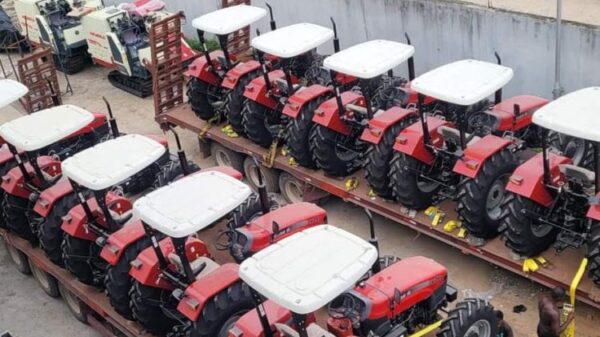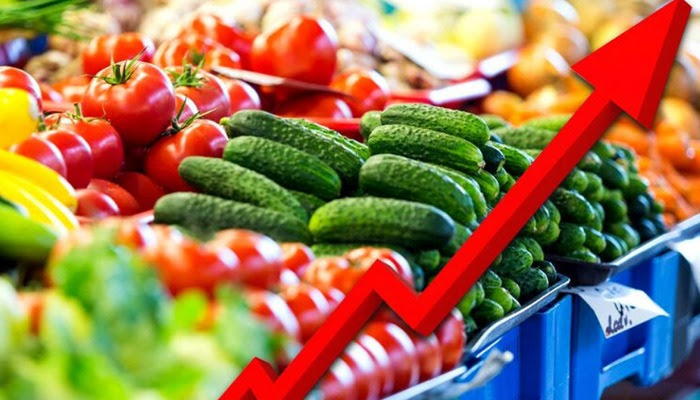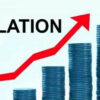The National Bureau of Statistics (NBS) says the most prevalent shock affecting households across Nigeria is the price increases on major food items.
The NBS said 71 per cent of households reported this shock.
The NBS said this in its General Household Survey- Panel (GHS-Panel) Wave 5 2023/2024 unveiled in Abuja.
The report said urban households experienced the shock of food price increases at 75.5 per cent more than rural households at 68.9 per cent.
It said the issue was most pronounced in the South-East and South-South zones at 83.6 per cent and 79.3 per cent, respectively.
“In general, the data indicate that price hikes on essential goods are a major concern for households nationwide.”
The report revealed the other top most common economic shocks were increase in price of oil and fuel at 52 per cent, and increase in prices of other fuels at 32.2 per cent.
“This was followed by increase in price of farming/business inputs at 28.8 per cent, floods at 8.8 per cent, droughts at 5.8 per cent, and pest and plant disease at 5.7 per cent.
“Shortage/scarcity of petrol at 5.3 per cent, irregular rains at 4.7 per cent and very high temperatures (>40°C) at 4.7 per cent.”
It said these households dealt with shocks in a variety of ways, but the main coping mechanism was reducing food consumption at 48. 8 per cent.
“To cushion shock effects, some households also received assistance from friends and family at 36.1 per cent and reduced purchased quantities compared to the last at 32.6 per cent.
“In contrast, a significant proportion of households did nothing to deal with the shocks at 28.3 per cent.”
The report revealed that only 4.0 per cent of households nationwide received safety-net assistance, a decline compared to GHS-Panel Wave 4 at 10. 4 per cent.
The report showed that households in the urban areas had a higher coverage of receiving assistance at 5.2 per cent compared to rural areas which has a coverage of 3.5 per cent.
“Also households in the urban areas had a stronger reliance on cash assistance at 60.5 per cent compared to the rural areas at 49.6 per cent.”
The report said at the zonal level, the South-South and North-West zones recorded the highest share of households with safety nets at 6.7 per cent and 5.6 per cent, respectively.
GHS-Panel is Nigeria’s nationally representative longitudinal household survey which commenced in 2010 and the NBS has implemented five waves of the survey.
The panel nature of the data enables tracking household-level changes in critical areas of welfare, work, and socio-economic outcomes over time, yielding insights for policy.
























